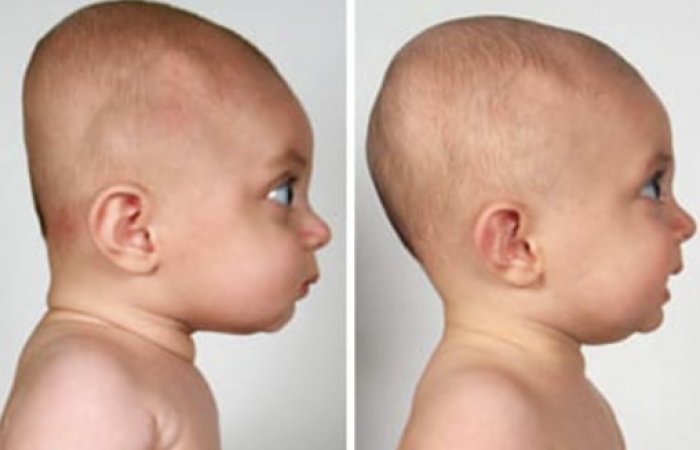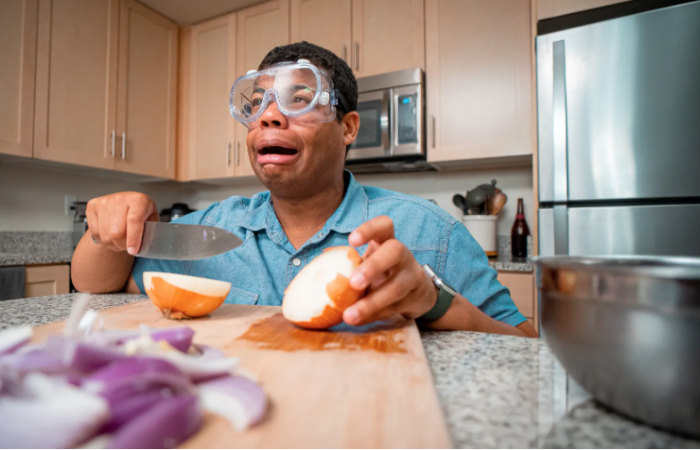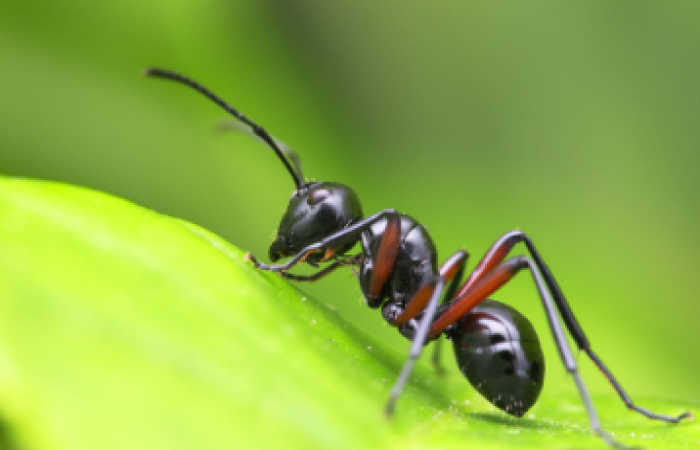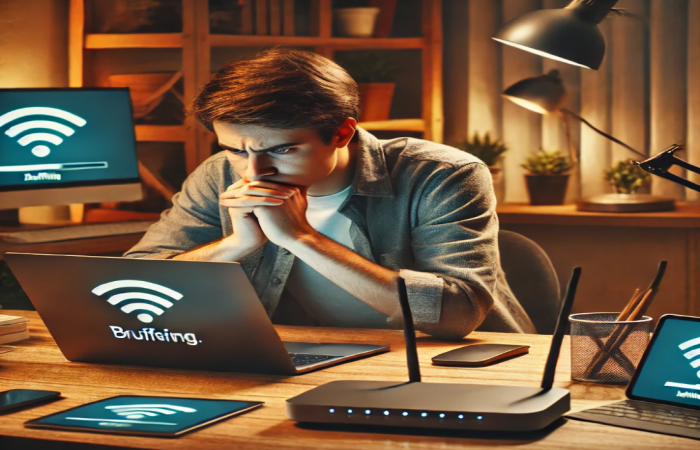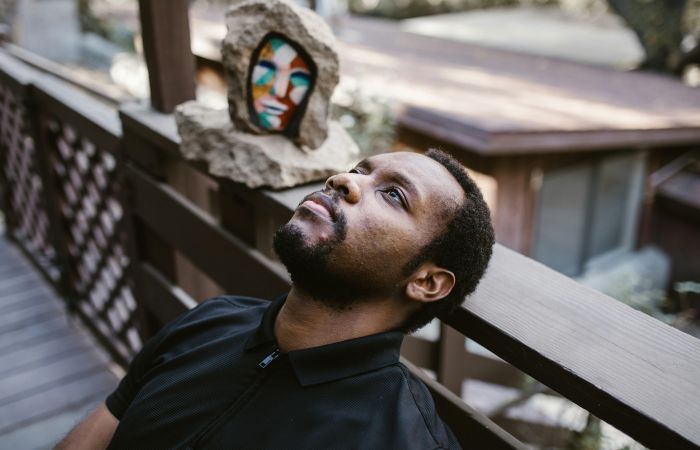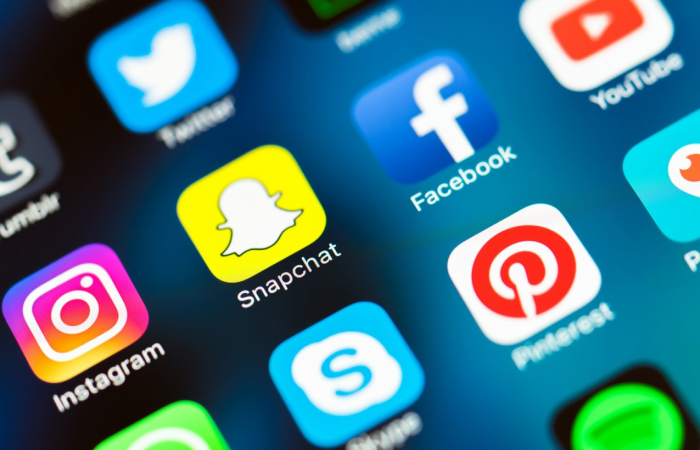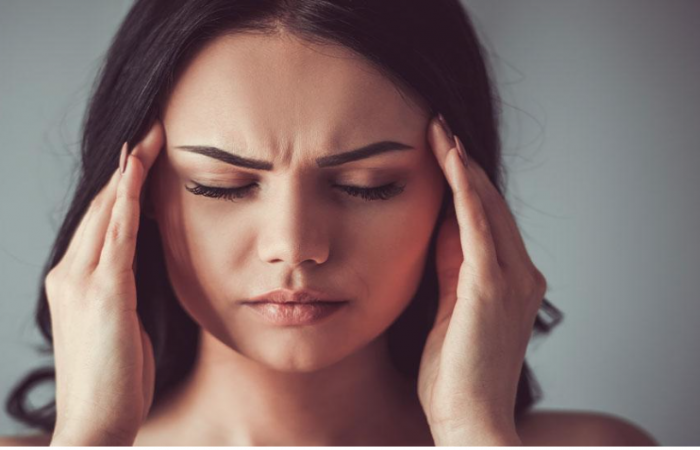
10 Ways to Handle a Migraine if You Don't Have Painkillers
Migraines can strike at the worst times, and without painkillers, relief may seem impossible.
But there are natural ways to ease the pain and find comfort. Simple remedies like rest, hydration, and cold compresses can make a difference. Here’s how to manage a migraine without medication.
Bright lights and noise can worsen migraines. Rest in a dark, quiet space to reduce sensory stimulation.
Place a cold pack or ice wrapped in a towel on your forehead for 15-20 minutes. If cold doesn’t help, try a warm compress on your neck or shoulders to relieve tension.
Dehydration can trigger or worsen migraines. Drink plenty of water and avoid caffeine or alcohol.
Practice deep breathing, meditation, or progressive muscle relaxation to ease stress, which can be a migraine trigger.
Gently massaging the temples, jaw, or the base of your skull can relieve tension and improve blood circulation.
A small amount of caffeine can help relieve migraine symptoms, but too much can make it worse or lead to withdrawal headaches.
Essential oils like peppermint, lavender, or eucalyptus can provide relief. Dab some on your temples or use a diffuser.
Sometimes, sleep is the best remedy. A short nap in a dark room can help reset your body and reduce migraine symptoms.
Applying pressure to specific points, like the space between your thumb and index finger or the base of your skull, may help alleviate pain.


If your migraine is triggered by hunger, eat a small, healthy meal. Avoid foods with strong smells or those known to cause migraines, like processed meats and artificial sweeteners.
If migraines persist frequently, consider seeing a doctor for long-term management strategies.




